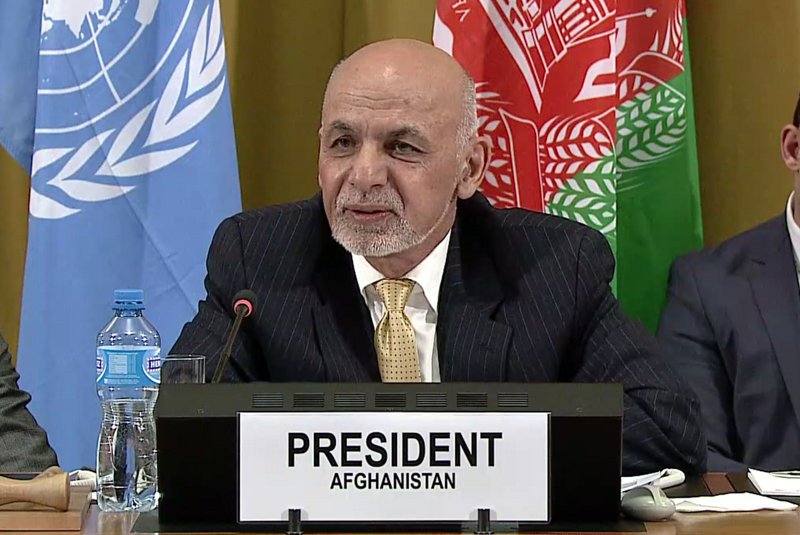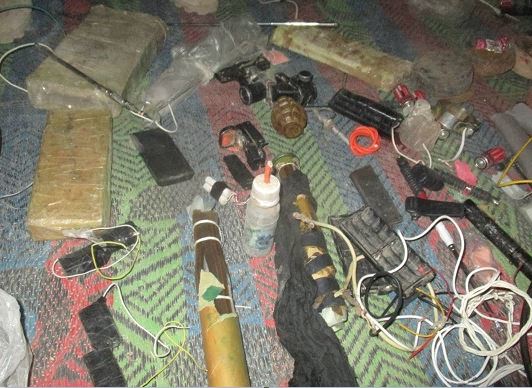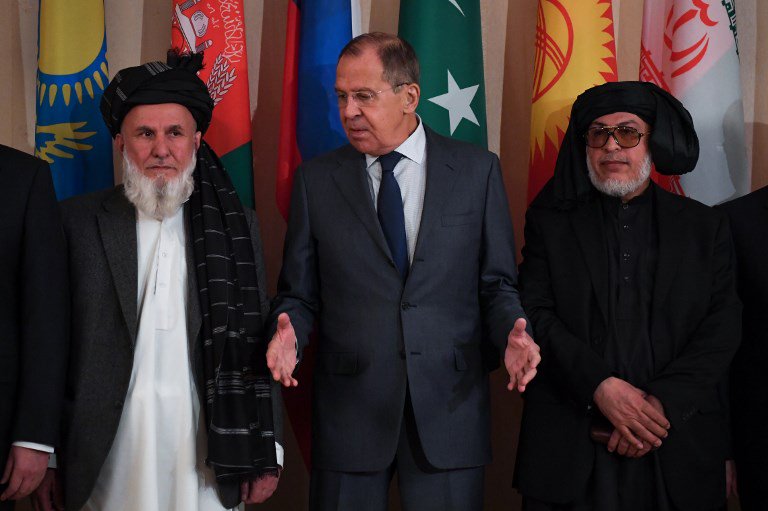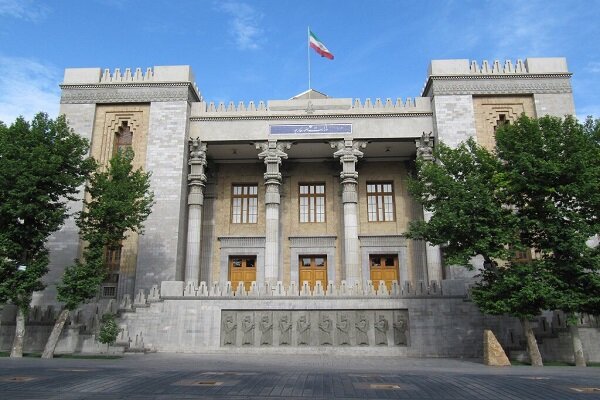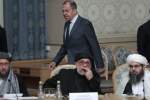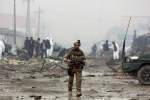The National Unity Government (NUG) has been driven by a sense of true urgency for peace in Afghan society over the past five years.
Publish dateWednesday 28 November 2018 - 16:31
Story Code : 174913
We seek a peace agreement in which the Afghan Taliban would be included in a democratic and inclusive society, respecting the following tenets:
o The Constitutional rights and obligations, of all citizens, especially women, are ensured.
o The Constitution is accepted, or amendments proposed through the constitutional provision.
o The Afghan National Defense and Security Forces and civil service function according to law.
o No armed groups with ties to transnational terrorist networks or transnational criminal organizations, or with ties to state/non-state actors, seeking influence in Afghanistan will be allowed to join the political process.
Achieving these end goals clearly requires a sovereign and independent Afghanistan. We must not sacrifice sustainable peace to achieve short-term objectives, which would ultimately result in a renewal of old conflicts. The NUG has already laid critical groundwork for sustainable peace.
Following our unconditional peace offer to the Afghan Taliban, a successful ceasefire in June 2018, the coordination of international and regional support for peace and against state-sponsors of terror, and leading the creation of a consensus amongst the Islamic world against terror, the NUG moves forward with courage and conviction into the next chapter of the peace process.
Extensive consultations over the past eight months with diverse groups of Afghans revealed common threads:
o Consensus on the credibility and importance of the 2004 constitution,
o The necessity of our foundational partnership with the international community, and
o that Afghan government and society must lead and own the peace process. Resulting from these consultations are the following announcements:
1. A negotiating team, led by presidential chief of staff Salam Rahimi, has been established to negotiate peace with the Afghan Taliban. The team includes women and men who have the necessary credentials to deal with the key challenges of peace negotiations.
2. To ensure consensus and to provide direction to the negotiating team, diverse groups of individuals will comprise a new peace advisory board to provide timely advice on critical issues during peace negotiations.
3. The High Peace Council, based on their own request and with support from the NUG, will be restructured to focus on public awareness and provide advice regarding post-peace scenarios.
4. The government will proceed with a five-phase approach, commencing with an intra-Afghan dialogue, followed by discussions with Pakistan and the United States, followed by participation of regional actors, the Arab-Islamic world, and finally, NATO and non-NATO countries.
5. Negotiations will prioritize implementation, confidence-building measures such as time constraints, and the agreement on a method of ratification of a peace settlement.
Presidential elections in spring 2019 are key to successful peace negotiations. The Afghan people need an elected government with a mandate to obtain ratification, implement the peace agreement, and lead the societal reconciliation process.
Implementation of the peace process will minimally require a period of five years, slowed considerably by the challenges of drought and climate change, the reintegration of approximately 4 million Afghans living as refugees abroad and as internally displaced people, and urgently-required poverty reduction efforts.
To ensure political success, the first year must be front loaded so time-bound actions can create the necessary confidence and trust. An implementation plan for a postpeace Afghanistan, prepared jointly with the international community, will allow the government to marshal national, regional and international resources and capabilities and secure the international and regional guarantees required to sustain peace.
Particularly, the Afghan government and people emphatically request all of our neighbors to fulfill all of their obligations under UN conventions against terrorism. The peace process must remain Afghan-led, and the government requests its partners to play a key supporting role.
Members of the 12 person negotiating team are listed below. (The list is subject to change and additional considerations):
• Abdul Salam Rahimi, Chief of Staff of the President
• Mohammad Mirwais Balkhi, Minister of Education
• Hasina Safi, Minister of Information and Culture
• Abdul Tawab Balakarzai, Deputy Minister of Higher Education
• Dr. Alema, Deputy Minister of Refugees and Repatriation
• General Ebadullah Ebad, Deputy of National Directorate of Security
• Shahgul Rezaee, Member of Wolesi Jirga
• Attaullah Ludin, Member of Ulema Council
• Shamim Katawazai, governor of Paktia province
• Abdullah Attai, Member of Supreme Court
• Tooryali Ghiasi, Director of Cultural Affairs, Ministry of Foreign Affairs
• Abdul Hakim Muneeb, Deputy Minister of Haj and Religious Affairs
The new peace advisory board is comprised of the following nine committees:
1. Political Leaders Committee
2. Political Parties Committee
3. Youth Affairs Committee
4. Women’s Affairs Committee
5. Ulema Committee
6. Provincial Leaders Committee
7. Civil Society and Cultural Committee
8. Private Sector Committee
9. Refugees and Diaspora Committee
Source : Afghan Voice Agency(AVA)
avapress.net/vdceze8zxjh8foi.1kbj.html
Tags
Top hits
